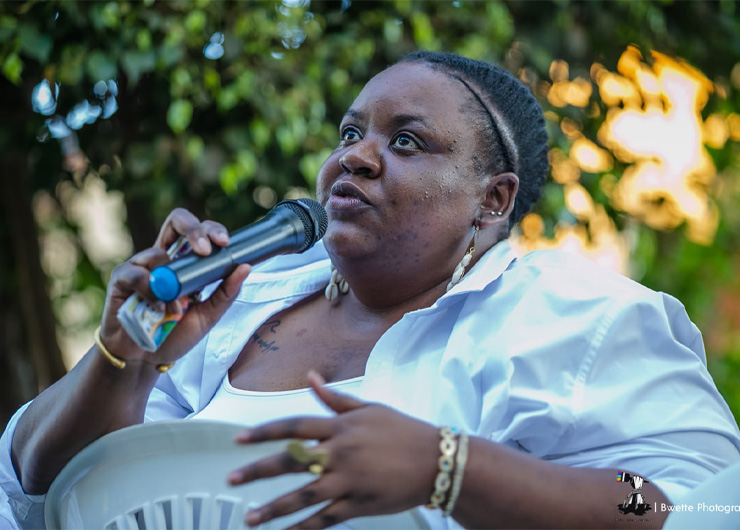The LGBT+ community has suffered world spread hate and discrimination for as long as religion and law has existed. One would ask why we do not say for as long as time and that is because this statement is simply not true; homosexuality has existed for as long as time whereas homophobia is new though this is a story for another day. For as long as homophobia has existed, resilient freedom fighters have given their lives to fight discrimination and oppression. There have been major shifts in attitude globally towards LGBT+ persons for example homosexuality is legal in 161 countries 30 of which have legalized same sex marriage. We should be clapping for this as a community but we are not because the fine print on these legalities speaks otherwise. There is a chant human rights defenders go by, “None of us is free until we are all free!” So this pseudo freedom parts of the LGBT community seem to enjoy has had transgender persons left out. The most disappointing thing is even marginalized groups that know what it feels like to be discriminated against further fuel discrimination against transgender persons for example across the international feminist movement, there is still debate on inclusion of transgender women into feminist spaces or into the movement in general.
On 5th April the first UK LGBT+ conference hosted by the government was cancelled after a number of sponsors boycotted it. The ‘Safe to be Me’ conference was boycotted because the government refused to include transgender persons in the ban on conversion therapy. The government said it would ban conversion therapy for gay and bisexual people in England and Wales but not for transgender people. In the USA as of today has transgender students banned from participating in sports in 15 states. As a community, when we see major governments deliberately oppress a group of people, we wonder where hope for third world LGBT+ Ugandans will come from. At East Africa Visual Artists, we made a documentary showing the lives of transgender persons in Uganda. This documentary was produced three years ago and the transgender community in Uganda has grown since then the biggest milestone being included in the country’s HIV/AIDS programming. There was hope but the developments in these countries are slowly rendering the community hopeless. It is important to continue telling the stories of sexual and gender minorities because these could be an inspiration but also help grow allies among the general population by having these minorities tell the stories themselves.




